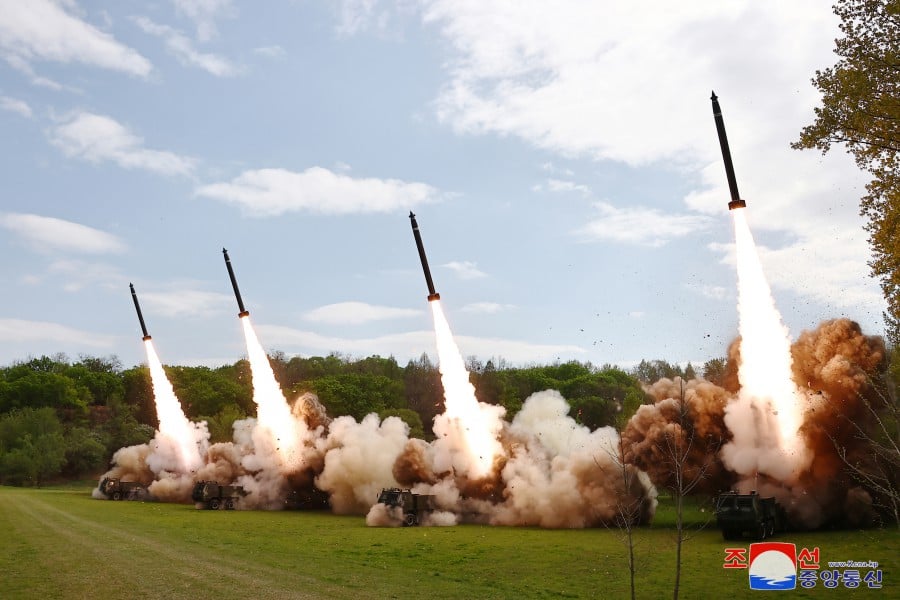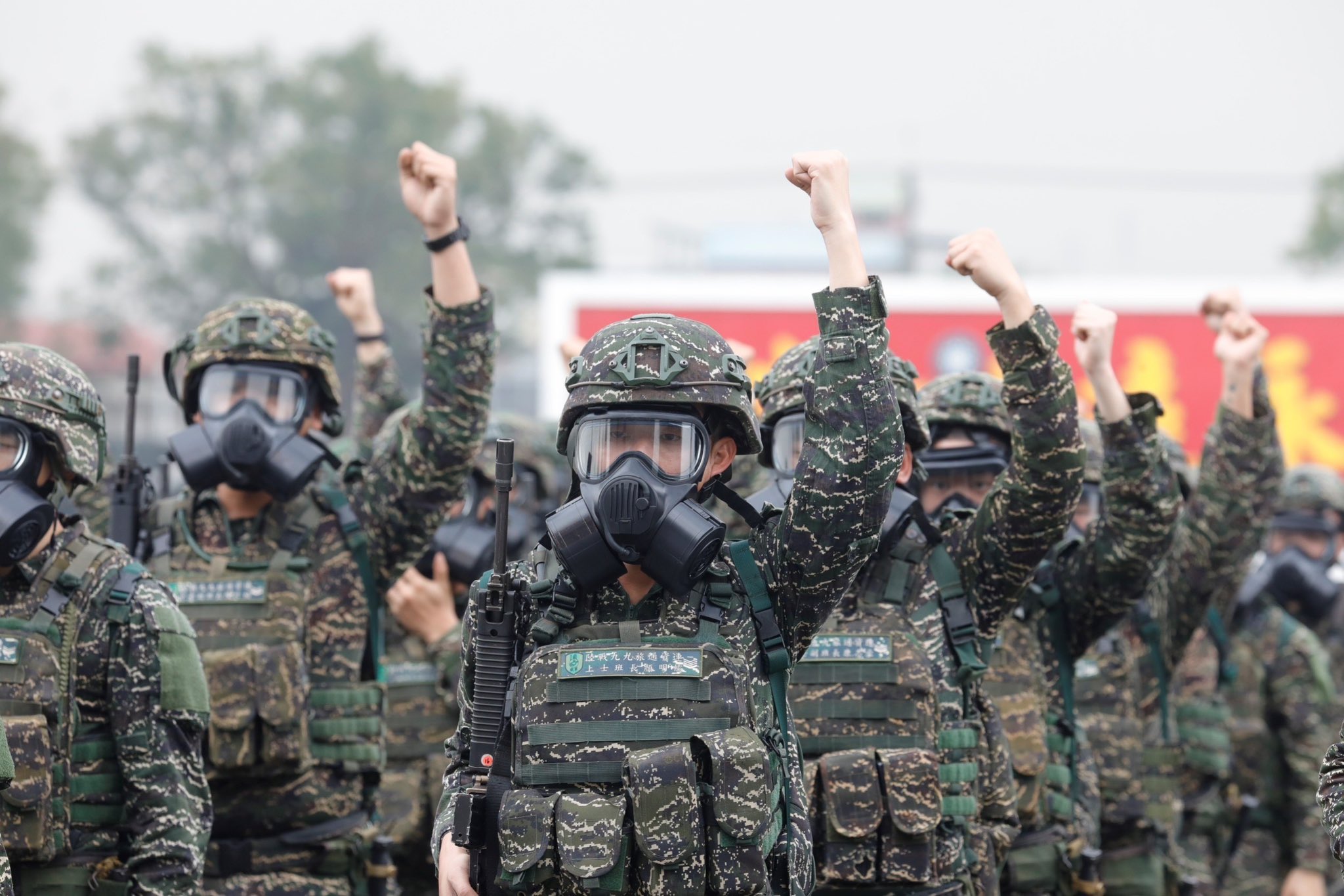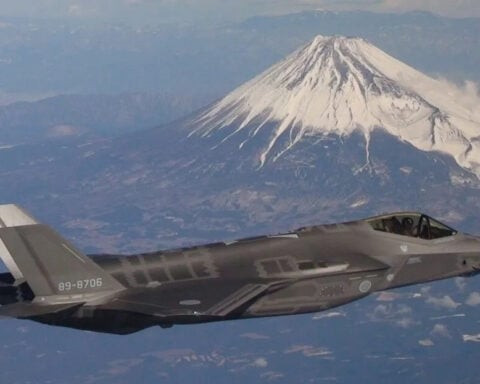The following is the Jan. 16, 2018 report, The Committee on Foreign Investment in the
United States (CFIUS).
From the Report:
The Committee on Foreign Investment in the United States (CFIUS) is an interagency body
comprised of nine Cabinet members, two ex officio members, and other members as appointed by
the President, that assists the President in overseeing the national security aspects of foreign
direct investment in the U.S. economy. While the group often operated in relative obscurity, the
perceived change in the nation’s national security and economic concerns following the
September 11, 2001, terrorist attacks and the proposed acquisition of commercial operations at six
U.S. ports by Dubai Ports World in 2006 placed CFIUS’s review procedures under intense
scrutiny by Members of Congress and the public. Prompted by this case, some Members of
Congress questioned the ability of Congress to exercise its oversight responsibilities given the
general view that CFIUS’s operations lacked transparency. The current CFIUS process reflects
changes Congress initiated in the first session of the 110th Congress, when the House and Senate
adopted S. 1610, the Foreign Investment and National Security Act of 2007 (FINSA). In the 115th
Congress, various measures have been introduced that could have broad implications for CFIUS’s
operations and activities.
Generally, efforts to amend CFIUS have been spurred by a specific foreign investment transaction
that raised national security concerns. Despite various changes to the CFIUS statute, some
Members and others are questioning the nature and scope of CFIUS’s reviews. The CFIUS
process is governed by statute that sets a legal standard for the President to suspend or block a
transaction if no other laws apply and if there is “credible evidence” that the transaction threatens
to impair the national security, which is interpreted as transactions that pose a national security
risk.
The U.S. policy approach to international investment traditionally has been to establish and
support an open and rules-based system that is in line with U.S. economic and national security
interests. The current debate over CFIUS reflects long standing concerns about the impact of
foreign investment on the economy and the role of economics as a component of national
security. Some Members question CFIUS’s performance and the way the Committee reviews
cases involving foreign governments, particularly with the emergence of state-owned enterprises.
Some policymakers have suggested expanding CFIUS’s purview to include a broader focus on
the economic implications of individual foreign investment transactions and the cumulative effect
of foreign investment on certain sectors of the economy or by investors from individual countries.
Changes in U.S. foreign investment policy have potentially large economy-wide implications,
since the United States is the largest recipient and the largest overseas investor of foreign direct
investment. To date, only four investments have been blocked by previous Presidents, although
proposed transactions may have been terminated by the firms involved in lieu of having a
transaction blocked. President Obama used the FINSA authority in 2012 to block an American
firm, Ralls Corporation, owned by Chinese nationals, from acquiring a U.S. wind farm energy
firm located near a DOD facility and to block a Chinese investment firm in 2016 from acquiring
Aixtron, a Germany-based firm with assets in the United States. In 2017, President Trump
blocked the acquisition of Lattice Semiconductor Corp. by the Chinese investment firm Canyon
Bridge Capital Partners.
via fas.org





